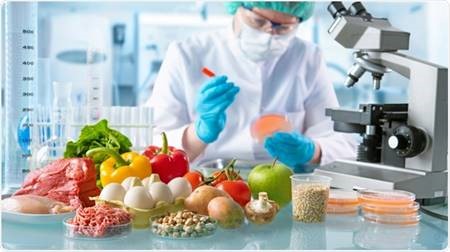 Modern spectroscopy and machine learning techniques allow identification of adulterated foods, guaranteeing that consumers can serve foods whose quality and origin correspond to what is indicated on their labels. This is described in a study conducted by researchers in Statistics and Quantitative Methods in the University of Milano-Bicocca in collaboration with the Universities of Lille and Dublin and published in the field’s prestigious journal Analytica Chimica Acta.
Modern spectroscopy and machine learning techniques allow identification of adulterated foods, guaranteeing that consumers can serve foods whose quality and origin correspond to what is indicated on their labels. This is described in a study conducted by researchers in Statistics and Quantitative Methods in the University of Milano-Bicocca in collaboration with the Universities of Lille and Dublin and published in the field’s prestigious journal Analytica Chimica Acta.
The international research team ran spectroscopy on three product categories (yeasts, meats and oil), analysing their composition without damaging the samples. Machine learning then vastly expedited analysis of the large quantity of resulting data, greatly reducing the times and costs of checking procedures. The use of these modern techniques in the agrifood sector will facilitate automation of checks on the foods that enter our homes, thereby increasing safety and quality.
(Press release from the University of Milano-Bicocca)
